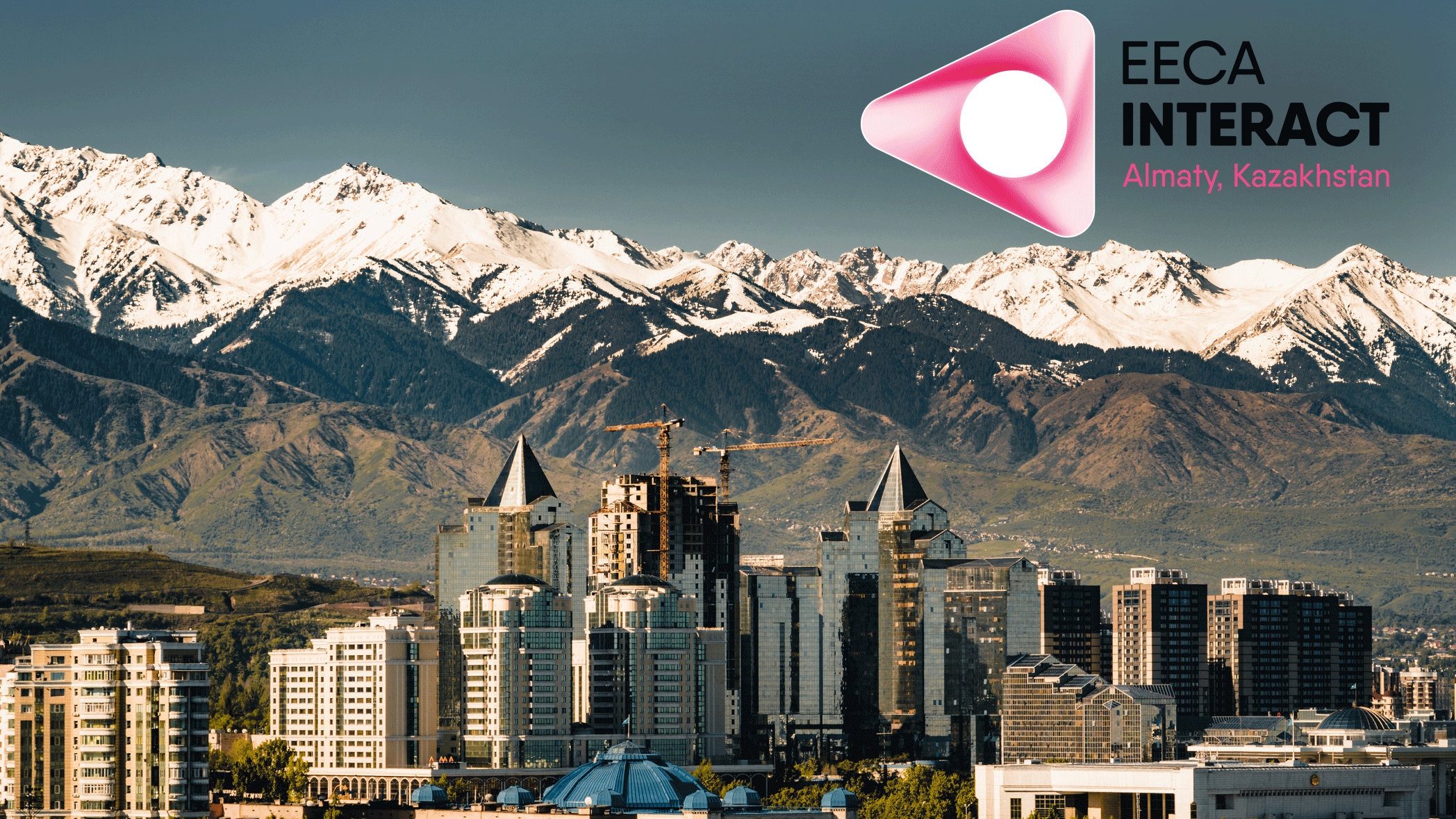
28 Aug AIGHD co-organizes world-first workshop on three infectious diseases in EECA
A first-of-its-kind workshop seeks to address three of the largest epidemics in Eastern Europe and Central Asia (EECA).
The first joint workshop on HIV, Hepatitis C (HCV), and Tuberculosis (TB) ever held in the EECA region takes place in from November 18 to 19 in Almaty, Kazakhstan.
Co-led by AIGHD, the EECA INTERACT workshop brings together scientists, clinicians, civil society, and governments to strengthen research and clinical networks in the fields of HIV, HCV, and TB.
EECA INTERACT will address topics that are specific to the region and will dive into particularities of both Central Asia and the host country, Kazakhstan, showcasing successes, remaining challenges, and responses. EECA has the fastest growing HIV epidemic in the world and it’s the only region where the number of new infections continues to rapidly rise. The EECA region is also home to some 6.6 million people in need of chronic hepatitis C virus (HCV) treatment and faces the highest levels of multidrug-resistant tuberculosis (MDR-TB) in the world.
“AIGHD has a long history of success in leading research and workshops in this field, including the annual INTEREST Conference. Using the INTEREST model, our goal for this two-day workshop is to provide a platform for researchers and practitioners from different fields to interact and develop strategies that will effectively halt the growing numbers of infections in this part of the world,” said Prof. Cate Hankins, co-chair of EECA INTERACT and co-chair of the annual INTEREST Conference.
“Today’s health challenges transcend traditional disease boundaries. We need an interdisciplinary approach to explore tangible solutions to fully address these epidemics. This conference will help us move towards new effective treatment and prevention strategies.”
Eliminating infectious disease transmission is one of AIGHD’s research priorities.
Call for abstracts now open
Interested in presenting? Researchers from EECA and beyond are invited to submit their abstracts for the workshop before 20 September. A select number of travel grants are available to support some accepted abstracts. Read more.
Interested researchers who do not have abstracts but wish to attend the event can fill in an application form. Read more.
